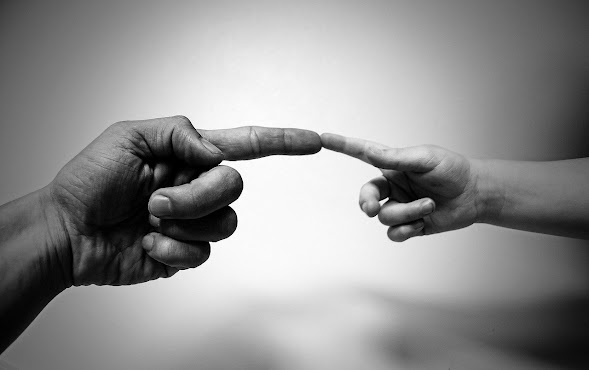SHAME AND TRAUMA HEALING
Identifying shameful emotions is the first
step in seeking Christian Therapy for shame. Some people are completely unaware of their shame. Others
are aware that they are embarrassed but are afraid that seeking therapy may
compel them to reveal their embarrassment to others. Because shame is linked to
emotions of unworthiness and low self-esteem, some people are afraid that
others who help them will discover that their shame is merited. They are afraid
of being exposed, and they are concerned that if the truth were out, others
would reject them.
Shame is the feeling that a person is evil
or wrong at their heart. A person may experience guilt for no apparent cause or
long after making atonement for wrongdoing. Shame can cause a variety of
mental health issues, such as despair and anxiety. It could also make it harder
to form intimate relationships with others. Some people are paralyzed by shame
to the point where they can't function at their job or school. Brené Brown, a shame
researcher, claims that guilt serves an important social function. It has the
potential to motivate people to apologize to others and refrain from harming
others. Brown claims that shame serves no purpose. It's just a cause of misery.
Therapy can assist people in understanding why they are ashamed and working to
overcome their shame.
Working with shame, like working with Trauma Healing, is a lengthy and
methodical process. Shame, like trauma, is a resource-limited state, therefore
we must first tap into all the client's assets: spiritual beliefs, sense of humor,
personal heroes, and safe places. We must also become a resource—a safe
connection that can assist the client in breaking free from isolation and
re-establishing interpersonal connections. It may require several sessions just
to assist the client resource. It's critical to recognize the importance of
resourcing so that we don't become frustrated (or, worse, embarrassed) by the
slow pace of the process.
Recognize shame in your life as the first
step toward moving past it. Not only should you be aware of when people
embarrass you, but you should also be aware of how you shame yourself.
The following stage is to practice
self-compassion. Work on accepting that you are a human being with limitations.
When you notice yourself acting in ways you don't like, be curious rather than
critical. Instead of asking, "Why did you do that?" in a judgmental
tone, try asking the same question with inquiry and openness. Instead of
criticizing, you will learn a lot more about yourself by observing and absorbing
facts. Allow yourself to forgive yourself for the mistakes you made in the past
so that you can move on. It's critical to stand up to shame by refusing to
shame others or yourself. Make shaming behavior that is simply not tolerated.
Another step toward Healing Depression is to start acting in ways that show you are a precious and valuable
person. Even if we don't think we're good enough, we can nevertheless act as
though we're valuable in the world. This, in effect, sends a message back to
us, counteracting the shame. We build more pride and self-esteem when we treat
ourselves and others with respect. In your quest to overcome shame, it's
critical to be a strong advocate for yourself.
Shame is frequently the result of a
terrible event. A person may believe they deserved the pain, feel guilty and
humiliated for surviving or be ashamed of sexual or other forms of abuse. When
shame is caused by trauma, it's vital that therapy is trauma-informed and
addresses the source of shame. The following are some therapeutic options: Cognitive behavioral therapy (CBT), Prolonged Exposure (PE), Cognitive processing therapy (CPT), and Eye movement desensitization and
reprocessing (EMDR), etc.




Comments
Post a Comment